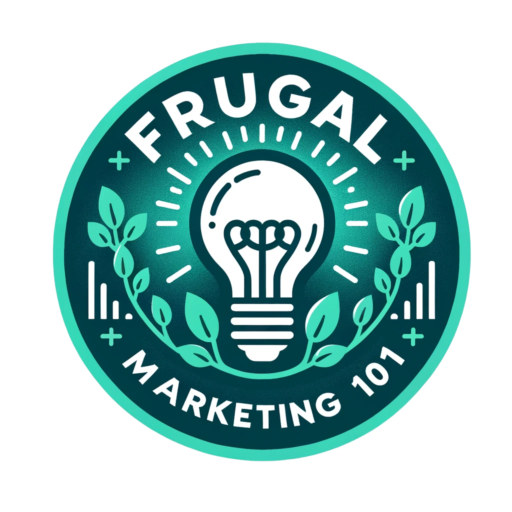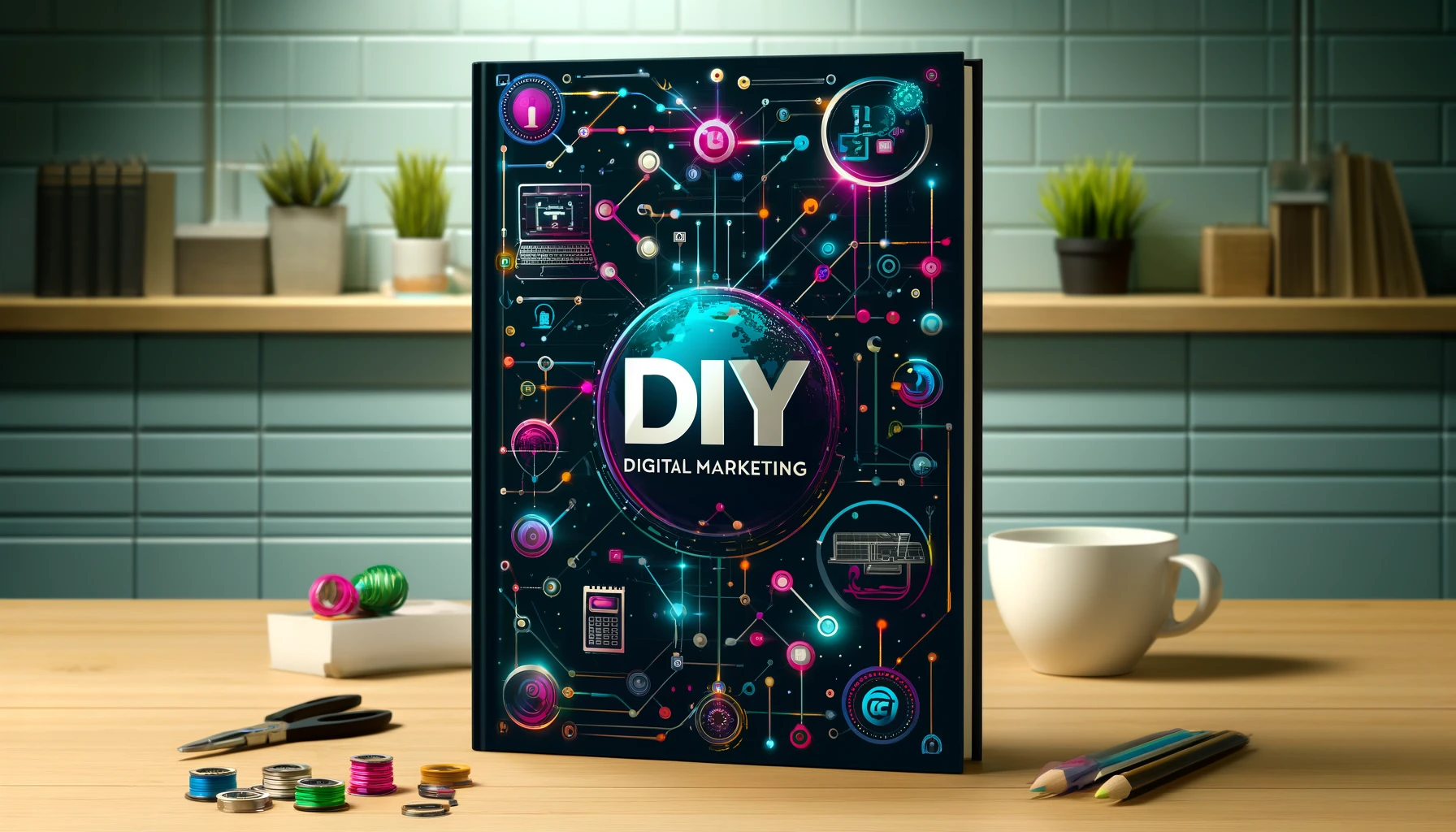Mastering DIY digital marketing can be a game-changer for entrepreneurs, startups, and established businesses looking to boost their online brand presence without the heavy cost of hiring a professional agency. Here’s a comprehensive guide to help you navigate through the essential strategies of digital marketing on your own.
Understanding Your Audience
Before diving into tactics, it’s crucial to understand who your audience is. Create detailed buyer personas by considering demographics, interests, behaviors, and pain points. This step ensures that your marketing efforts are targeted and effective.
Developing a Strong Brand Identity
A cohesive brand identity across all online platforms helps in building recognition and trust. Ensure that your logo, color scheme, and messaging are consistent. Your brand’s voice should reflect your company’s values and appeal to your target audience.
Creating Quality Content
Content is the cornerstone of digital marketing. Develop a content strategy that includes blogs, videos, podcasts, and infographics to engage your audience. High-quality, valuable content not only attracts but also retains customer attention, encouraging repeat visits.
Leveraging Social Media
Choose the right social media platforms where your target audience is most active. Regular posts, engagement with followers, and social media ads can significantly increase your visibility and brand awareness. Utilize tools like Hootsuite or Buffer for scheduling and analytics.
Optimizing for Search Engines (SEO)
SEO is critical for improving visibility and getting higher SERP rankings. Focus on keyword research, optimizing website content, and building backlinks. Tools like Google Analytics and Ahrefs can provide valuable insights into your SEO performance.
Email Marketing
Email marketing remains a powerful tool. Collect emails legally through sign-ups on your website. Personalize your emails with relevant content and offers to foster loyalty and increase conversions. Platforms like Mailchimp can help automate and analyze your campaigns.
Pay-Per-Click Advertising (PPC)
PPC can drive immediate traffic to your site. Google Ads and Facebook Ads are popular platforms where you can create targeted ad campaigns based on keywords, interests, and demographics. Start small, measure the results, and adjust your strategies accordingly.
Utilizing Analytics
To measure the effectiveness of your digital marketing efforts, regularly analyze your data. Tools like Google Analytics provide comprehensive insights into traffic, user behavior, and conversion rates. Use this data to refine your strategies and improve ROI.
Continuous Learning and Adaptation
Digital marketing is ever-evolving. Stay updated with the latest trends, tools, and techniques. Participate in webinars, follow industry leaders, and read relevant blogs to keep your knowledge fresh.
Experimentation
Don’t be afraid to experiment with new ideas or platforms. Test different content formats, marketing messages, and advertising campaigns to see what resonates best with your audience. Learning from these experiments can lead to unexpected successes.
By following these steps and dedicating time to each aspect of digital marketing, you can effectively increase your online presence and grow your brand. Remember, persistence and consistency are key in the digital world.




